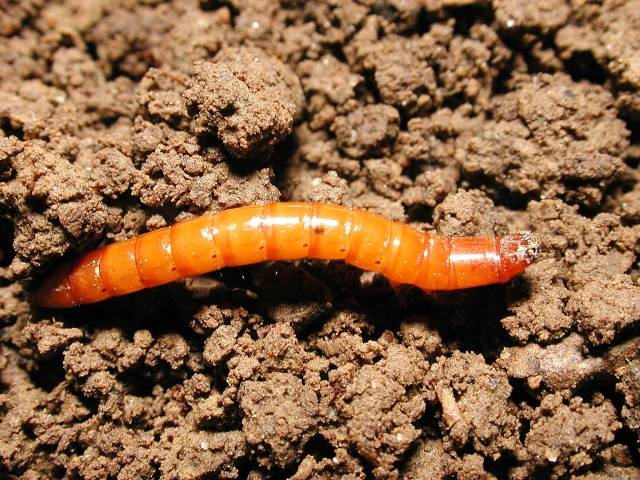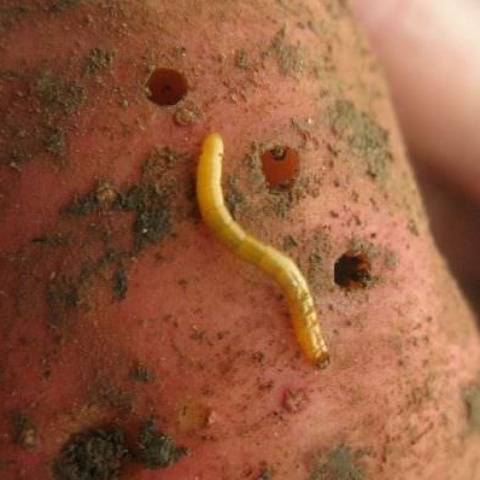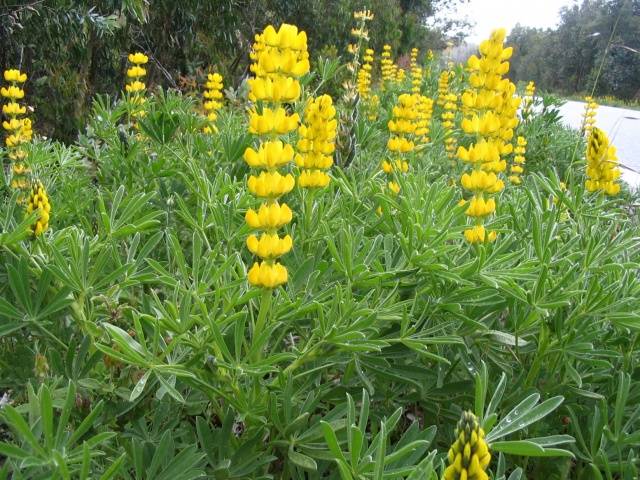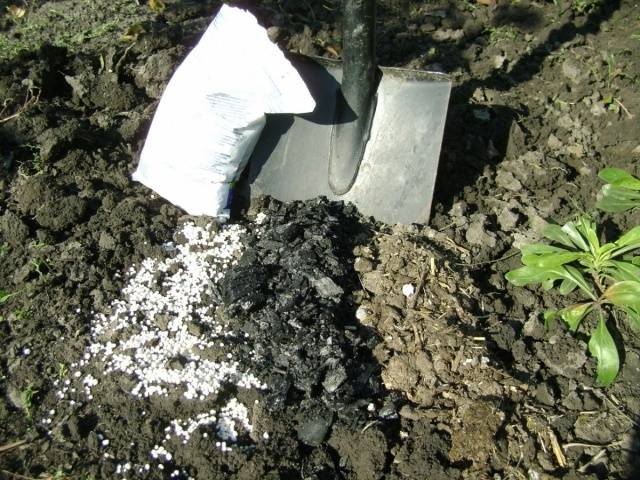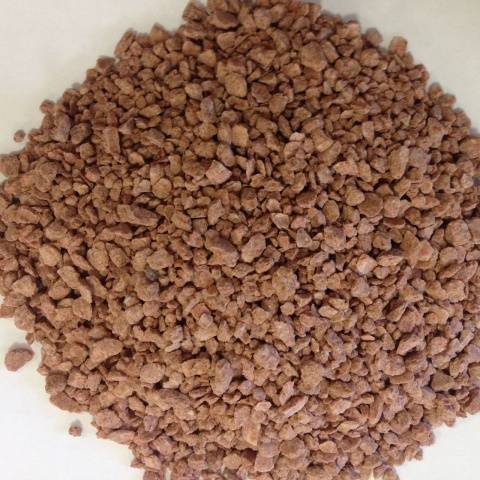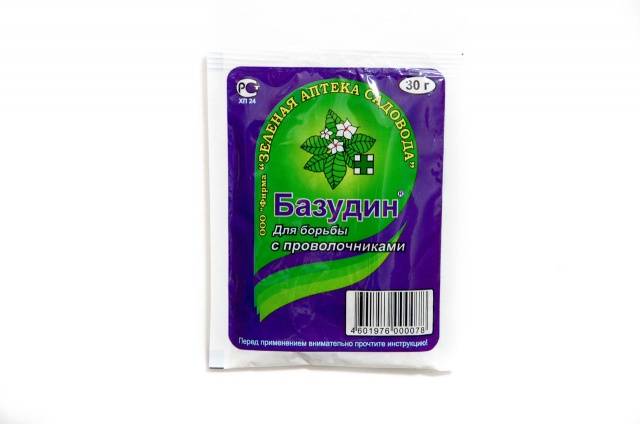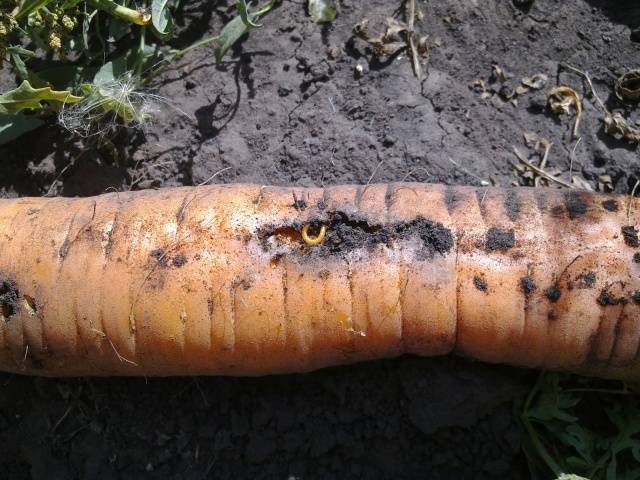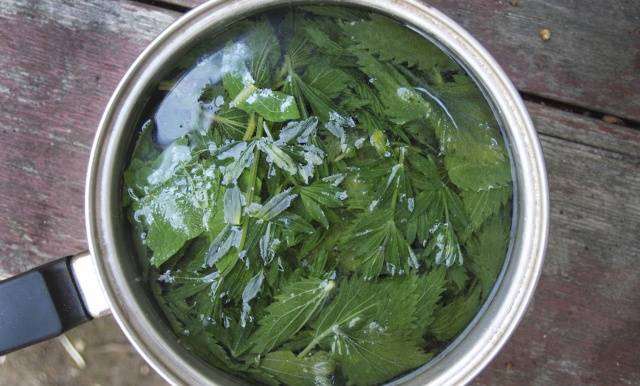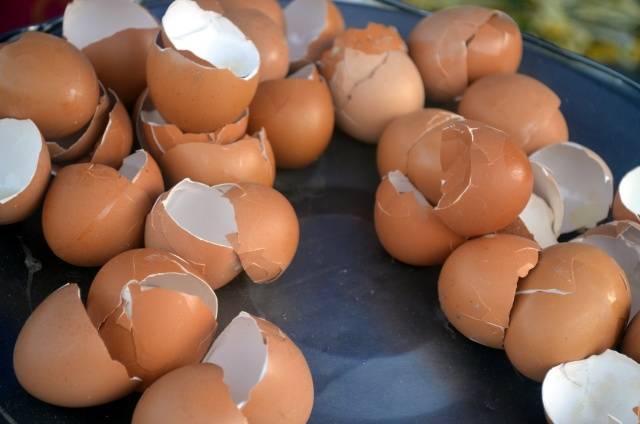Content
The wireworm is a ground-dwelling click beetle larva that prefers potatoes, carrots, and other root vegetables. The insect also feeds on shoots of sunflowers, grapes and other plants. It is easiest to find a wireworm in the fall: during digging of soil or on eaten root crops.
Why is the wireworm dangerous?
The wireworm looks like a larva with a length of 10-45 mm. Its color is yellow or dark brown. The insect destroys seedlings, root system, stems, vegetable seeds. In root vegetables, the wireworm eats up the passages, making the vegetables unsuitable for human consumption.
The life cycle of the wireworm is 5 years. In the first year, its larvae live in the ground and eat the underground part of the plants. In the second year, the wireworm grows and causes serious damage to all plantings.
Fungal diseases spread through the damaged surface of root crops. When stored, these tubers often rot.
The activity of the larvae depends on the weather conditions. If the summer turned out to be dry, then in search of moisture, the wireworm penetrates deeply into root crops. Less damage is observed when vegetables are formed in moist soil.
Basic methods of struggle
Various methods can be used to get rid of the wireworm. One of them is compliance with the rules of planting crops and crop rotation. With the correct application of mineral fertilizers, the number of insects can be significantly reduced. If emergency measures are required, then chemicals come to the rescue. In addition to the basic methods, folk remedies can be used.
Correct agricultural technique
To get rid of the wireworm in potatoes, you need to follow the rules of agricultural technology in the garden:
- in the fall, the soil is carefully dug up, if larvae or adults of the wireworm are found, they are destroyed;
- eliminated weeds and remnants of previous cultures;
- the rules of crop rotation are observed (potatoes are allowed to be planted after cabbage, pumpkin, beets, carrots - after cucumbers, tomatoes, onions, legumes);
- planting green manures that scare away the wireworm.
Every year, the vegetable beds are dug to a depth equal to the bayonet of a shovel. In autumn, the wireworm's faces go deep into the ground. If they are raised to the surface, then they will die with the onset of cold weather.
Removing the roots of weeds and vegetables from the soil will deprive the insect of its food source. The wireworm prefers willow tea and wheatgrass, so these plants need to be eliminated first.
In autumn, siderates are planted in the beds - plants that saturate the soil with useful substances and loosen it. After the emergence of seedlings, the plants are dug up.
An effective method on how to get rid of the wireworm in the fall is to plant siderates:
- Phacelia - an annual plant that grows even at low temperatures. Growing it allows you to disinfect the soil and saturate it with nitrogen.
- Lupine - green manure used for poor soils. As a result of its cultivation, the soil is enriched with nitrogen and phosphorus.
- Mustard - an annual crop capable of accumulating nutrients in the soil. Seed germination is carried out even at zero temperature.
Minerals
The use of minerals allows you to get rid of the wireworm in potatoes in a short time. One of these methods is the use of saltpeter. As a result, the acidity of the soil changes, and the wireworm dies.
Ammonium nitrate is a white crystalline substance that is used on all types of soil. Such fertilizer begins to act immediately after it enters the ground and does not lose its properties after the onset of cold snaps.
Liming with ash or chalk helps to reduce acidity. These components are introduced in the fall before digging the beds. For each square meter, 1 kg of substance is required.
Potassium permanganate has good disinfecting properties. On its basis, a solution is prepared, with which the soil is watered in the fall. For 10 water, 5 g of potassium permanganate is enough.
If a wireworm is found in the fall, the site is covered with lime. An alternative option is to use potassium chloride. This substance contains up to 65% chlorine.
The tool can be used only in autumn, since in its pure form chlorine is harmful to plants and humans. Until spring, the chlorine will be washed off by rains or evaporated, so planting in the beds can be done without fear.
Potassium chloride is used to get rid of wireworm in sandy and peaty soils where fertilization is required to increase yields. In spring, the accumulated potassium will have a beneficial effect on the development of beets and potatoes.
Chemicals
Special chemicals are being developed to combat soil pests. These are substances with toxic properties, therefore they are used in compliance with safety rules.
An effective remedy against wireworm is "Bazudin". The preparation is in the form of a granular powder. One package, which includes 30 g of the substance, is enough to process 20 square meters of beds. When interacting with insects, the drug enters the intestinal system. The result is a paralyzing effect, and the wireworm dies.
"Bazudin" is applied in one of the following ways:
- For potatoes - in the form of a dry mixture consisting of a preparation and sand (sawdust). 10 g of "Bazudin" requires 0.9 liters of filler.
- For large areas, the product is scattered over the surface of the soil, after which it is applied by loosening to a depth of about 10 cm.
Making baits
A common method to get rid of a wireworm in early fall is to use baits. This requires carrots, beets, or potatoes, which are cut into pieces. Each piece is pushed onto a thin stick and pushed into the ground every 10 cm.
After a few days, the bait is changed, and the pests are destroyed. This method is suitable for small plantings. If it is necessary to cultivate large plantations, then the method will be too laborious.
Another use for wireworm bait is to place vegetable pieces in a jar that is buried in the ground. After a few days, the jar is dug up and its contents are removed.
The bait is also strung on a wire, which is then placed in the ground. After 3-4 days, the device is removed and the pests are eliminated.
Oat, corn, or wheat seeds can be used as bait. These crops can be planted in the fall. As the plant germinates, it will attract the wireworm. To get rid of pests, it is enough to pull them out by the roots before the onset of frost.
Traditional methods
You can get rid of the wireworm using folk methods:
- Herbal infusion. You can prepare a product based on nettle. This requires 0.5 kg of chopped grass per bucket of water. Instead of nettles, you can use dandelions, which need 0.2 kg per bucket of water. The remedy is insisted for two days, after which the soil is watered where the roots grew.
- Tops from plants or straw in the fall are left on the site, forming several piles. The melting herb attracts the wireworm, which accumulates in large quantities in it. After the onset of frost, the plants are harvested and burned.
- Another option is to dig small holes in the area where the straw is laid. On top of the pits are covered with boards. With the onset of cold weather, plant residues are taken out and destroyed.
- In the fall, you can take onion peels and bury them in the ground. The husk contains phytoncides that can disinfect the soil and repel pests. It also contains vitamins and minerals that improve the structure of the soil.
- Wood ash has the property of scaring away the wireworm. It is scattered between the rows with plantings or brought into the ground during its autumn digging. You need to use ash obtained after burning wood or plants.
- You can use raw egg shells to fight wireworms. Grind it, add sunflower oil for the smell and bury it in the ground. This fertilizer contains calcium, magnesium, phosphorus, potassium.
Conclusion
Digging up the soil, removing weeds and planting green manures helps to eliminate the wireworm on the site. To solve the problem in the autumn, you need to apply fertilizers to the soil or use chemicals. The wireworm can be eliminated by building a variety of baits. Onion peels, herbal infusions and other folk remedies have good disinfecting properties.
